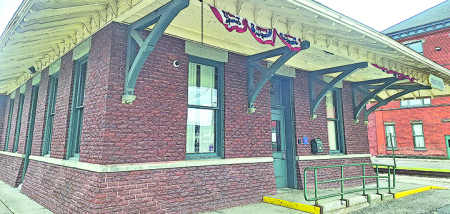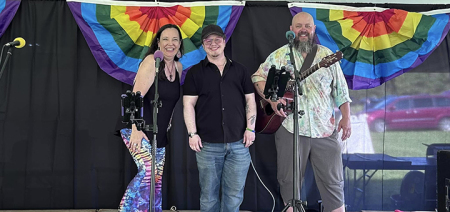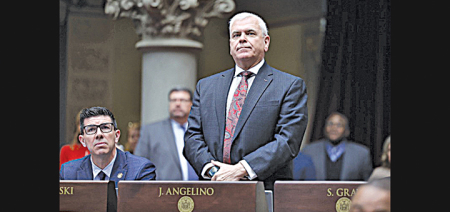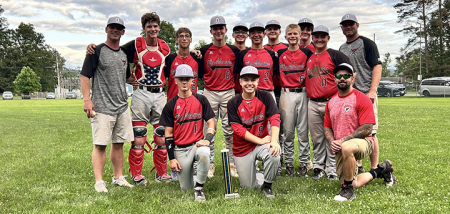Lessons Learned?
Published:
April 18th, 2013
By:
Shawn Magrath

It is difficult to reflect on the events of the past few days without a sense of pride in the goodness of people; a sense that’s counteracted by another feeling of shame for what people are capable of doing.
What happened in Boston on Monday was an exemplary combination of both disgust and gratification, fear and valor, vulnerability and resilience. On one hand, it is impossible not to consider Boston the victim of a senseless act born of hatred and intolerance. Yet on the other hand, we see that what appeared from the dust is a feeling of pride and an attitude hellbent on pushing forward with the scars to remind us of what happened.
But it simply wouldn’t be prudent for us to move forward from the horror of the bombings that shook the 26th mile of the Boston Marathon without a few key points to consider, perhaps the most hard-hitting being the realization that we, the most powerful nation in the world, are susceptible to the same acts of terror that overshadow other parts of the world. This week, if only for a few horrific hours, we joined the ranks of terror-strained countries where bombings like those in the City of Boston are a way of life, and those far-off places where exploding car bombs might get as little as a 15 second mention on the evening news suddenly became more relevant.
Secondly, in the midst of angst and turmoil, our desire to explain the inexplicable is relentless. But notwithstanding our want to find reason for Monday’s events, or to explain why anyone would want to take part in such a heinous act, it is impossible to hash out a full comprehension of all that happened. That is to say, an understanding of the deep-rooted hatred one has can never be attained, try as we may to grasp it. In the coming weeks, as details emerge and more becomes known about the Boston Marathon bombing, countless hours will be spent analyzing a motive. We will try to make sense of the decision to harm hundreds of unknown people. Those hours will turn to days, days to weeks and weeks to months; and as the events of this week become less elusive, we’ll still fall short of being able to fully answer the question: Why?
Thirdly, in the face of even the darkest tragedy, there is always a silver lining – a lesson reaffirmed by the late Fred Rogers (Mr. Rogers) in a re-sharing of Facebook and Twitter posts that dominated social media this week. The post read: “When I was a boy and I would see scary things in the news, my mother would say to me, ‘Look for the helpers. You will always find people who are helping.’”
Certainly, there are those who became heroes this week; those who ran toward the blast even while others ran away, bystanders who carried victims, runners who donated blood, and hundreds of other unsung heroes who, in their own regard, restored my faith in humanity.
Lastly, what we will take away from Monday’s events - what we already know but hate to acknowledge - is a strong, albeit brief sense of true compassion that, based on past trends, will be short-lived. Eagerness to help one another will slowly fade before the Boston bombing works its way from current news and into history books, not forgotten but no longer at the forefront of people’s memory. Just as it always does in the weeks proceeding tragedy, apathy will displace sympathy and people will turn to someone or something to blame. Just as the gun debate is the product of Newtown, and discussions of hurricane preparedness came of Superstorm Sandy, compassion that is yielded from the Boston tragedy will turn into something else; something focused on the prevention of future acts of terrorism, both foreign and domestic.
I have a great deal of respect for the City of Boston and for those willing to lend a helping hand. But like every past crisis, it’s only wise to ask: What did we learn?
Follow me on Twitter
... @evesunshawn
Author: Shawn Magrath - More From This Author
Comments










